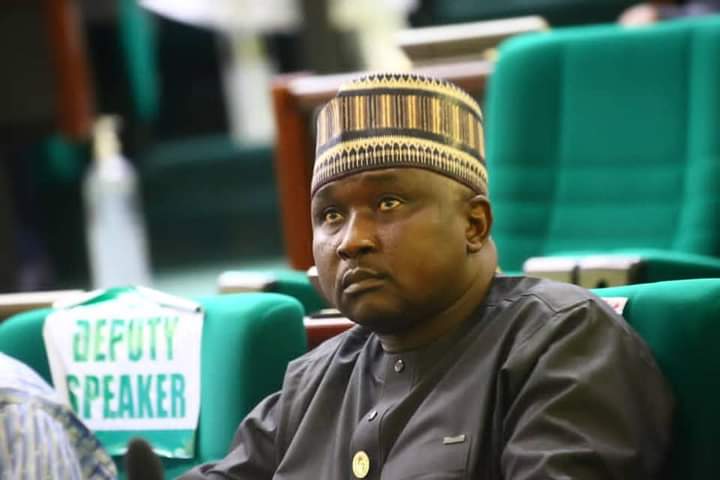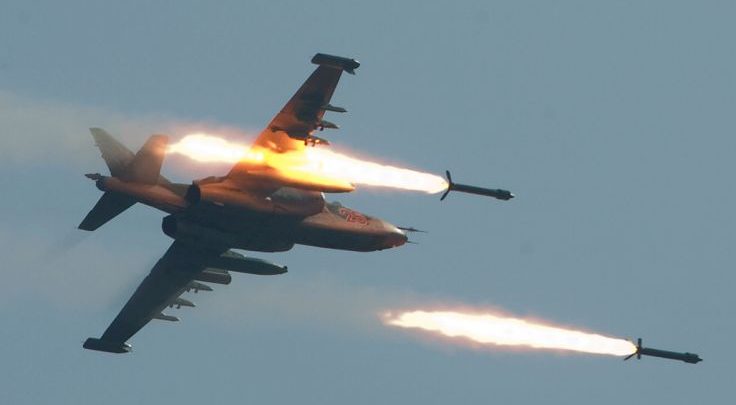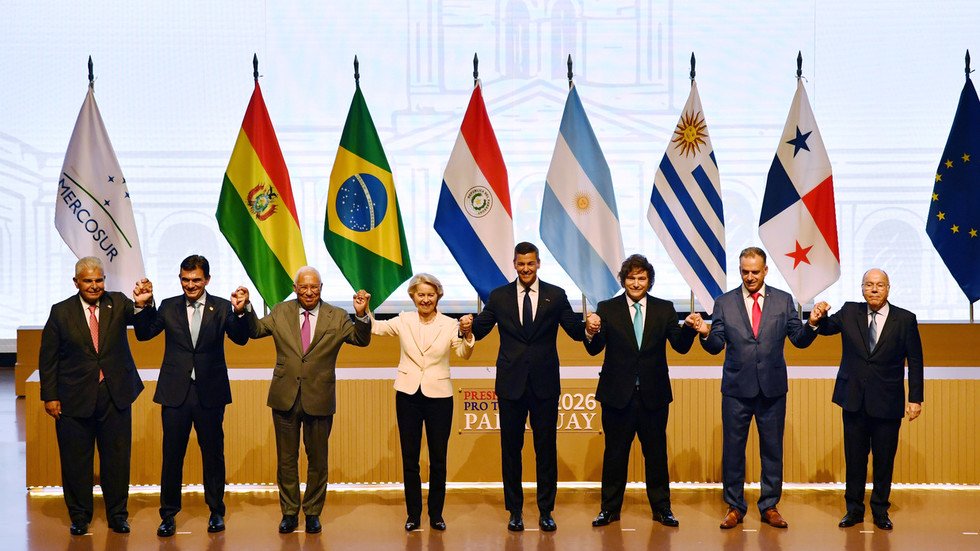Namibia’s Heroes’ Day, celebrated on August 26, commemorates the country’s liberation movement and the sacrifices made by those who fought for self-determination. The day marks the first military encounter between the South African army and the South West Africa People’s Organisation (Swapo) in 1966. However, the institutionalized public commemoration has been criticized for glossing over the toxic impact of the way warfare was conducted during the liberation struggle.
Recently, the celebration of Solomon Hawala, a leading fighter in Swapo’s military wing, sparked controversy due to his track record of eliminating fellow Namibians in exile. Hawala’s death on August 11, 2025, at the age of 89, prompted a public debate about his legacy, with some hailing him as a hero and others remembering him as the “Butcher of Lubango” for his role in the persecution and torture of suspected spies and dissidents.
The history of liberation movements in southern Africa, including Swapo, is complex and often marked by authoritarianism and repression. The movements’ camps in host countries, such as Tanzania’s Kongwa camp, were known for their strict discipline and repressive hierarchies. In the case of Swapo, internal critics were often silenced, and testimonies from the early stages of the liberation struggle reveal a pattern of persecution and human rights abuses.
The “spy drama” of the 1980s, which took place at a Swapo camp in Lubango, Angola, is a particularly dark chapter in the movement’s history. Over 1,000 Swapo members were incarcerated, tortured, and executed on suspicion of spying, with many more disappearing or dying in detention. The victims were largely rank-and-file members, while the higher-ranking officials who orchestrated the repression were often praised as heroes.
The glorification of perpetrators like Hawala has been criticized for adding insult to injury to the surviving victims and their families. The failure to address the human rights abuses committed during the liberation struggle has hindered truth and reconciliation efforts in Namibia. As the country continues to celebrate its Heroes’ Day, it is essential to acknowledge the complexities and challenges of its liberation history and to work towards a more nuanced understanding of the past.
The controversy surrounding Hawala’s legacy has sparked a renewed debate about the need for accountability and transparency in Namibia’s liberation narrative. As the country moves forward, it is crucial to balance the celebration of its heroes with a critical examination of the past, acknowledging both the sacrifices made and the mistakes committed during the liberation struggle.


![afcon 2025 morocco nigeria egypt football celebration Nigeria take bronze as Morocco and Senegal set up AFCON final [Football Now]](https://mediatalkafrica.com/wp-content/uploads/2026/01/AFCON-2025-Morocco-Nigeria-Egypt-Football-Celebration.jpg)
